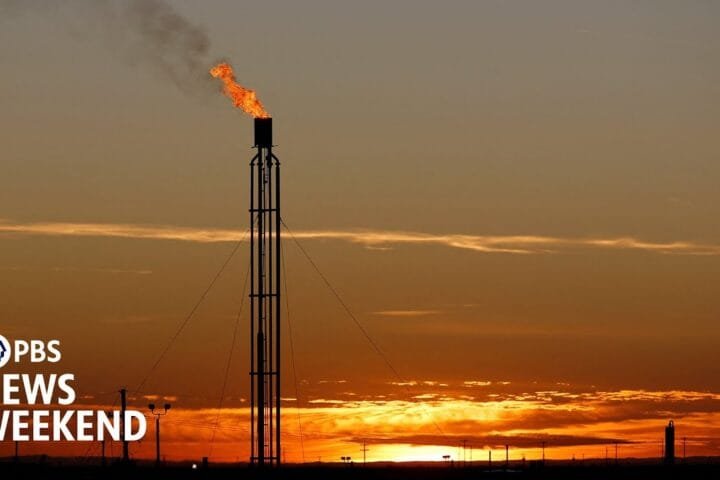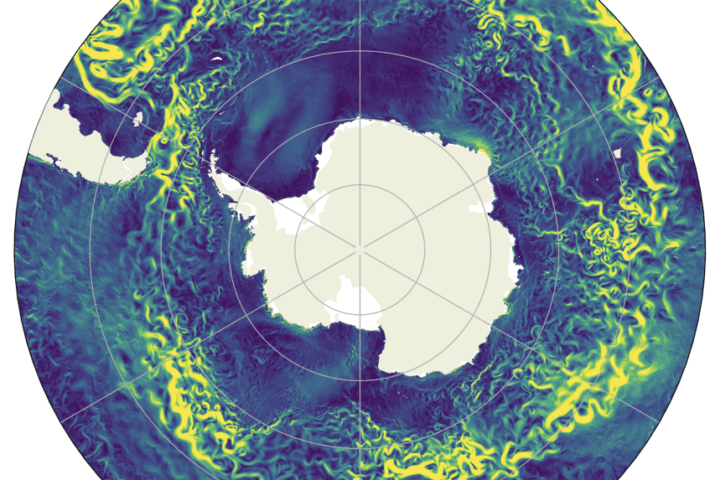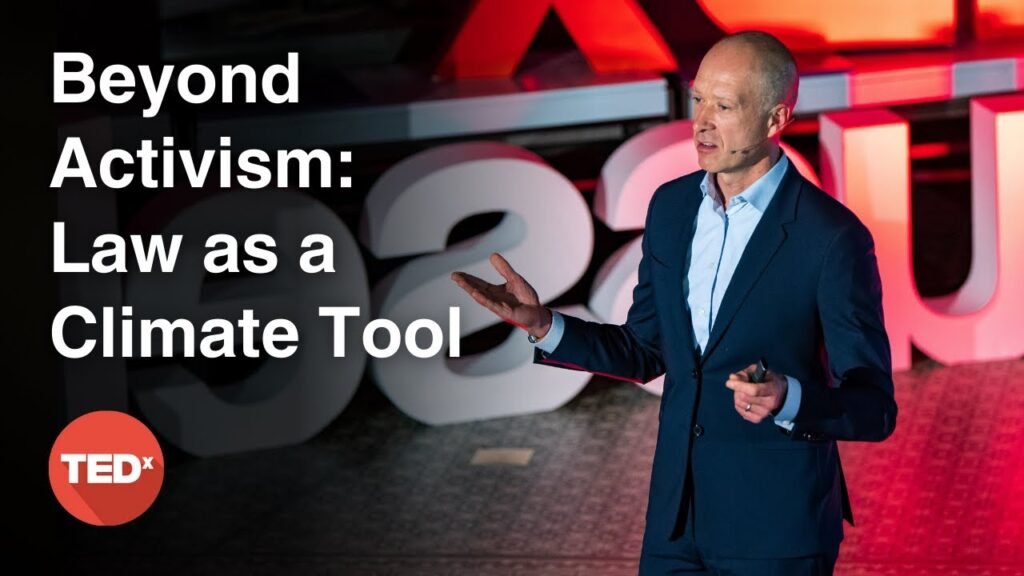Original published post title:
“Covid-19, climate change, armed conflicts: world’s crises can lead to interconnected polycrisis”
01/17/2024 – The world is currently experiencing a worsening polycrisis, caused by an entanglement and nonlinear amplification of many of the world’s crises, like the Covid-19 pandemic, climate change and armed conflicts such as Russia’s war on Ukraine. This is the result of a new paper authored by an international team of scientists, including PIK Director Johan Rockström. The researchers establish a substantive definition for a polycrisis and deliver a theoretical framework to better understand and address the entangled driving mechanisms behind contemporary global crises.
The researchers behind the study, published in the journal Global Sustainability, define a global polycrisis as ‘the causal entanglement of crises in multiple global systems in ways that significantly degrade humanity’s prospects.’ Global crises arise when short-term and fast-moving triggers, such as political uprisings, price spikes or climatic extreme events, combine with slower and more enduring stresses such as growing socio-economic inequalities or climate warming. These developments can tip a global system such as food production, global security or financial markets out of its balance and into crisis. Interconnected with other troubled global systems, a polycrisis can emerge, which the authors argue should be understood and resolved as a whole rather than in isolation.
[...]
Read the full post at PIK Postdam.





